Wisconsin health care workers worry limited access to paid leave will allow COVID-19 to spread
Wisconsin health care workers worry limited access to paid leave will allow COVID-19 to spread
Wisconsin health care workers worry limited access to paid leave will allow COVID-19 to spread
MILWAUKEE -- "If I become sick, I don't want to even say anything," one nurse said. In that single sentence, she summarized what seven Wisconsin nurses, doctors, and medical assistants spent hours describing to FOX6. The employees, who work for various area health systems, expressed fear that their employers' policies will discourage sick medical professionals from staying home, while encouraging the spread of COVID-19. Meanwhile, health system administrators say they're trying to protect their workers while ensuring they have enough staff to respond to the current health crisis. "My number one concern is obviously the safety of the public," the nurse said. 'How would I know?'
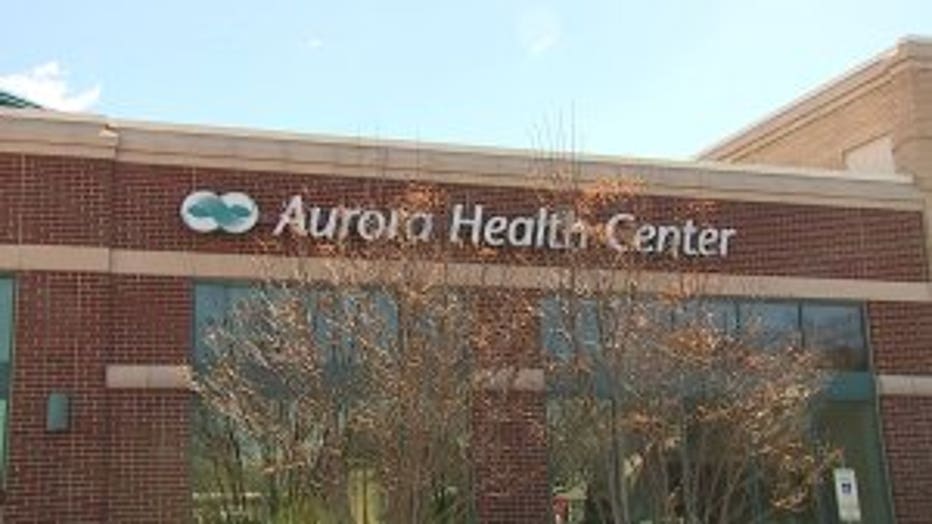
Three health care workers agreed to allow FOX6 to use record their voices on the condition of anonymity; they are not typically permitted to speak to the press. "I'd been controlling the fever pretty much with Tylenol and ibuprofen, but I was still getting night sweats," an Advocate Aurora medical assistant said. "And then I was actually short of breath." It took the medical assistant four days to get tested for COVID-19, and four more to receive the negative results. "But they did say since I had a little bit of a cough, I had to remain home until I was three days symptom-free without any fever control medications," he said, adding that he used ten days of personal time off, or PTO, during the time he followed instructions and stayed home. "I just said, 'Hey this is what happened and I'm just looking to see if I can get time back for the quarantine pay,'" the medical assistant said. "And the response was, 'Did you have a confirmed work case exposure?'" "How would I know?" he asked.
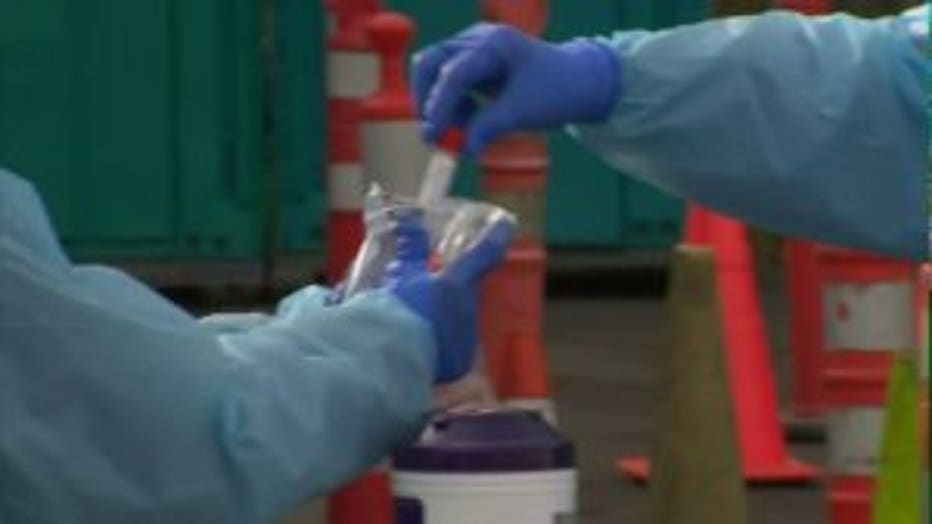
How it works Employees gave FOX6 copies of Advocate Aurora, Froedtert Health, Froedtert South, and Ascension policies about COVID-19 leave. The pandemic is forcing health systems to change their policies frequently, sometimes daily, but employees provided the most up-to-date paperwork they had. While the health system leave policies differ in several ways, each outlined a manner in which employees would be paid if exposed to a confirmed COVID-19 case on the job. But with strict restrictions on who can get tested for COVID-19 and delays in receiving test results, health care workers say they're usually unsure if, when, or where they were exposed. That means medical professionals who show symptoms of COVID-19 could end up at home using PTO or going without pay.
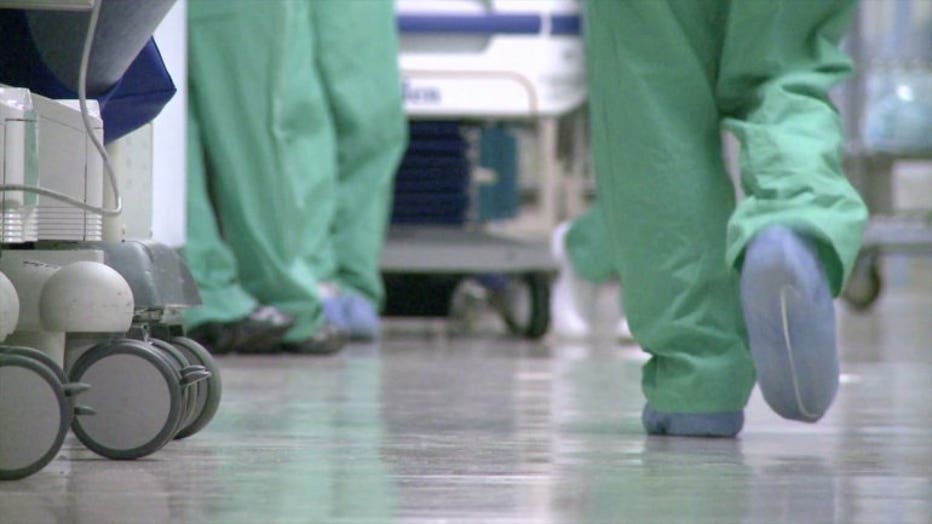
What's the big deal? If sick leave is meant to be used when employees are sick, why does it matter if doctors, nurses, and medical assistants need to use that leave when exhibiting COVID-19 symptoms from unknown sources? Every health care worker who spoke to FOX6 expressed concern that, in this pandemic, requiring medical professionals to use their often-limited PTO or go without pay will discourage them from staying home if they're sick, and instead encourage the spread of COVID-19 to their vulnerable patients.
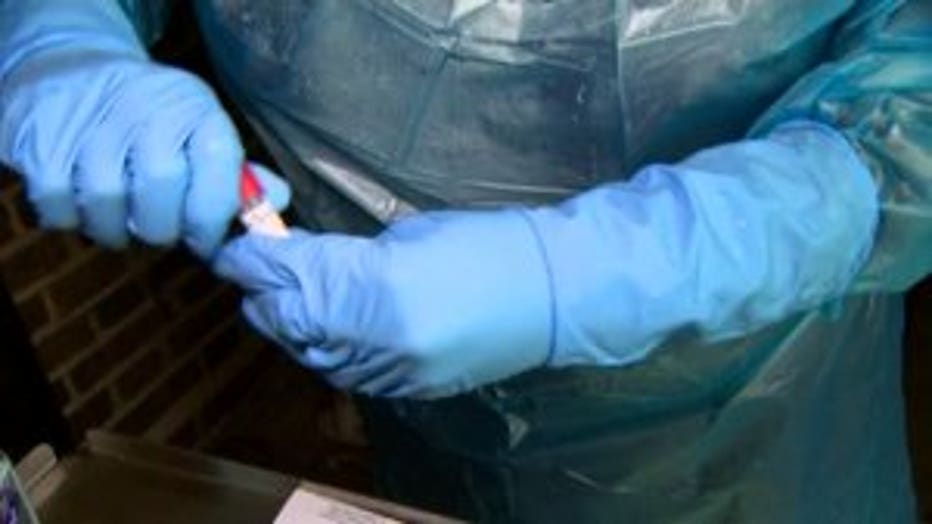
"At least I had PTO, so I wasn't missing out on work or pay, and I could still pay my bills," the Aurora Advocate medical assistant said. "But there's plenty of people who do not have that. Would I be better off if I had no PTO just to go to work and take the chance? I mean, the good in you would say 'No,' but the bills that keep piling up would say, 'Maybe.'" The policies Advocate Aurora's policy dated March 30, 2020 says employees receive "quarantine pay" if exposed to a confirmed COVID-19 case at work. "Personal exposure" requires the use of PTO; employees are permitted to "borrow" against future PTO. Previous versions of the policy specified that employees would need to take unpaid time off in the absence of PTO.
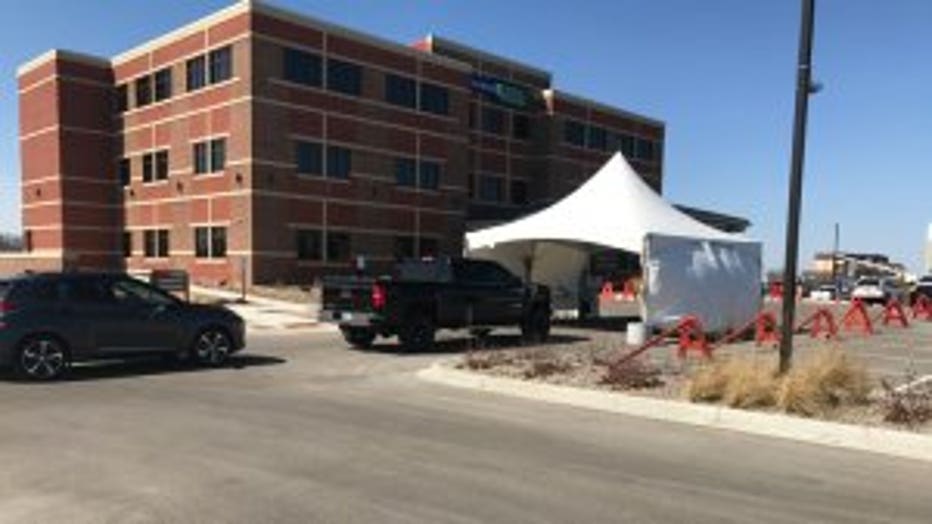
Froedtert South, which includes Froedtert Kenosha Hospital and Froedtert Pleasant Prairie Hospial, has a policy saying employees who test positive for COVID-19 due to workplace exposure will be asked to fill out a worker's compensation claim, while employees with COVID-19 symptoms will "follow standard call-in/attendance procedures. The policy says employees who test positive for COVID-19 from "personal exposure" and are not eligible for benefits will be unpaid. "If I call in and tell you I have a sore throat or a cough, I get quarantined for 14 days without pay," a Froedtert South nurse said. "So there are many people that are the sole breadwinners of their family. So do you really think they're going to tell the truth and say, `Uh, yeah I'm not feeling very well?'" "It will spread," a different Froedtert South nurse said. "A hundred percent. Because we're not being tested and we're not being compensated if we get infected. So who wants to go up there and be like, 'Oh, I feel like I have shortness of breath and I woke up today with a fever and it's kind of hard for me to breath,' when I know I'm going to be sent home without pay? People are going to come to work and it's going to spread." "We’re not protected in that sense," she continued. "And that is scary. That is downright scary."

Froedtert Health, which includes Froedtert Hospital, Froedtert West Bend Hospitals, and Froedtert Menomonee Falls Hospital, has different human resources policies. Those documents say staff will continue to receive full pay if they test positive for COVID-19 or are quarantined, but the paperwork provided to FOX6 does not detail what happens to employees who are exhibiting COVID-19 symptoms. Ascension's policy says employees are paid for work-related exposure, and use a combination of PTO and/or short-term disability for "social-related" exposure. None of the health system policy documents provided to FOX6 specify exactly how the workplaces will determine whether an employee's potential COVID-19 exposure is work-related. "How are we supposed to feed our kids, our family?" a Froedtert South nurse asked. "Pay our mortgage, our bills? Buy food? Everybody there wants to protect the public. But unfortunately, we just aren’t having the means presented to us."

Health systems respond FOX6 asked Advocate Aurora, Ascension Wisconsin, Froedtert Health, and Froedtert South for copies of their most updated COVID-19 leave policies. None of the health systems provided the documentation, nor did they answer specific questions about how those policies work.
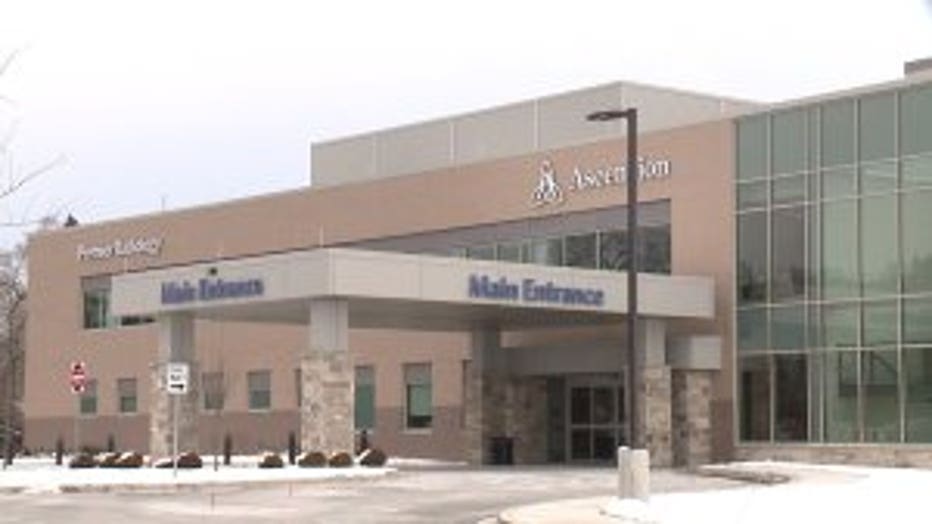
Instead, company spokespeople sent statements outlining how they are trying to provide additional resources for their employees during the pandemic. Employees who work closely with administrators but were not authorized to talk to the press about this issue emphasized the difficult balance of protecting employees and ensuring there are enough staff members to handle future predicted surges in COVID-19 cases. An Aurora Advocate spokesperson said:
"We are grateful for the unwavering commitment of our team members during this public health crisis. Our approach to supporting team members who need to be away from work continues to evolve as the crisis unfolds. The care of our team members is always top of mind, and we’ve made available a number of resources and introduced new programs, including an enhanced PTO policy and an innovative partnership with the YMCA of Metropolitan Milwaukee, to support them during these challenging times."
An Ascension Wisconsin spokesperson emailed:
"The safety of our patients and caregivers is our utmost priority as we all work to slow the transmission of COVID-19 and care for all those in need. As cases of COVID-19 increase, Ascension Wisconsin continues to aggressively respond to this evolving situation to ensure we are protecting our patients, associates and the communities we serve. We are constantly reassessing and updating our policies and guidelines in accordance with CDC recommendations." "As part of our commitment to our associates, Ascension Wisconsin is helping associates who are required to work during this national crisis who may have additional unexpected dependent care needs during the COVID-19 public health emergency. Ascension Wisconsin Foundations has developed a statewide resource for all Ascension Wisconsin associates who are in need of childcare to connect them to those needed and available resources."
In an email, a Froedtert Health spokesperson outlined efforts to expand the number of staff working from home, create a platform to connect employees with child care, and provide additional resources for mental health and emotional health needs. Froedtert South did not respond. "I used to be in the military, I get the whole situation," the Advocate Aurora medical assistant said. "They need to have the people they need to do the work. But they also need to protect the people who do the work."

